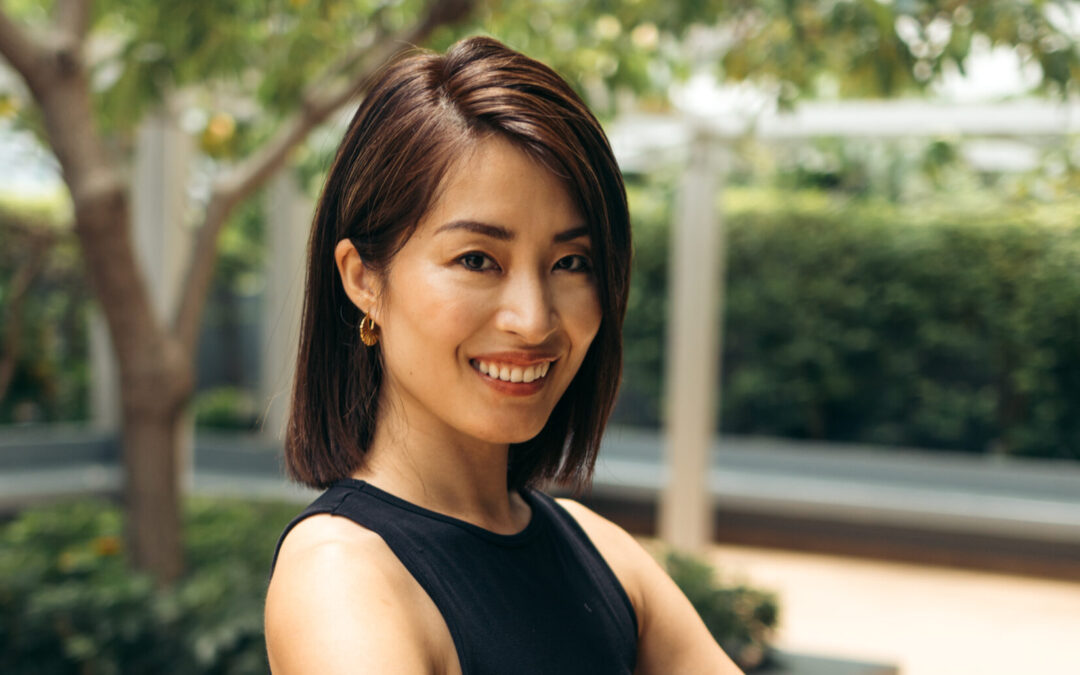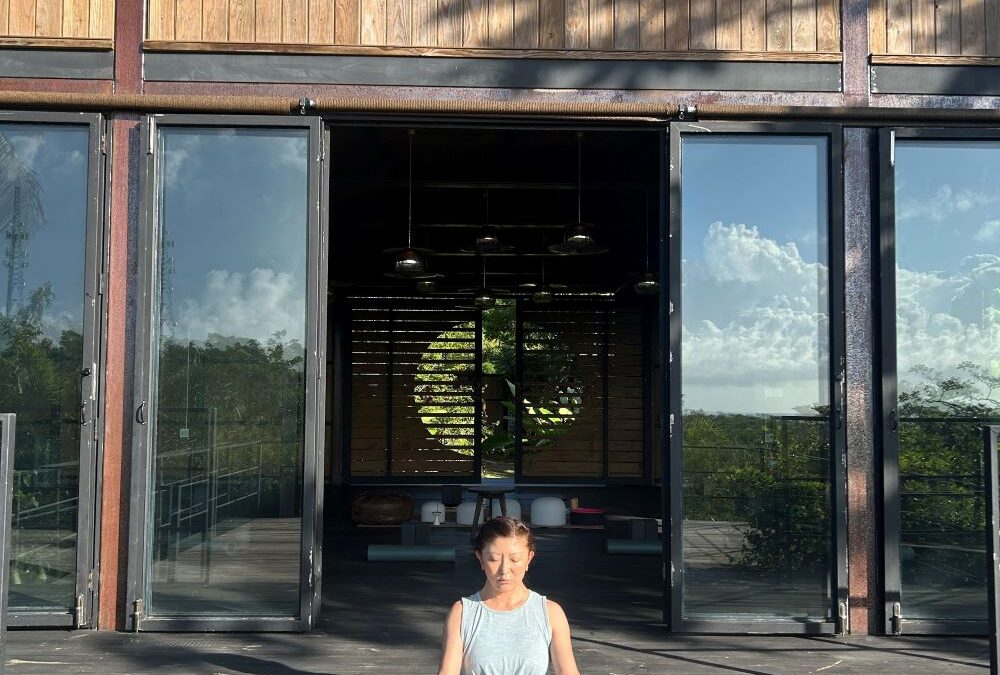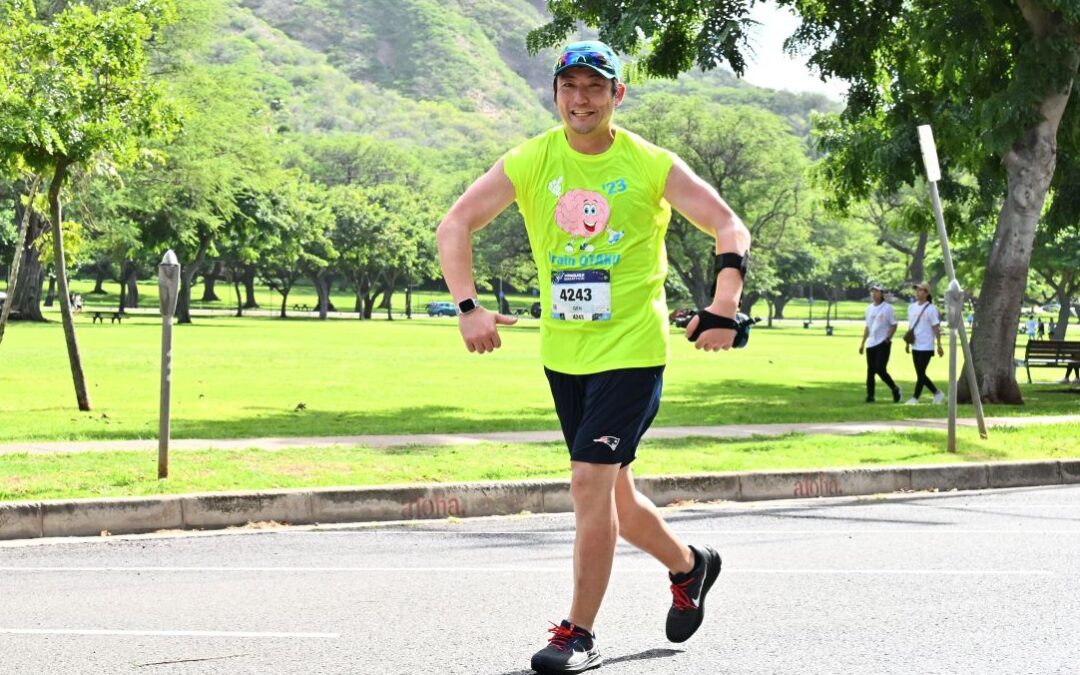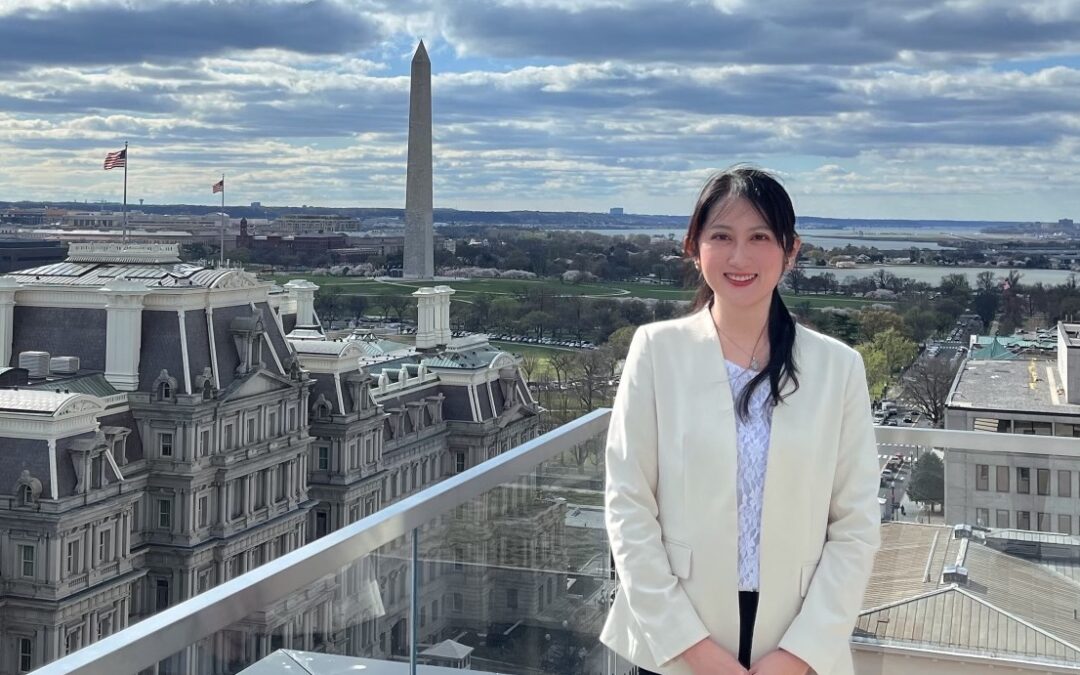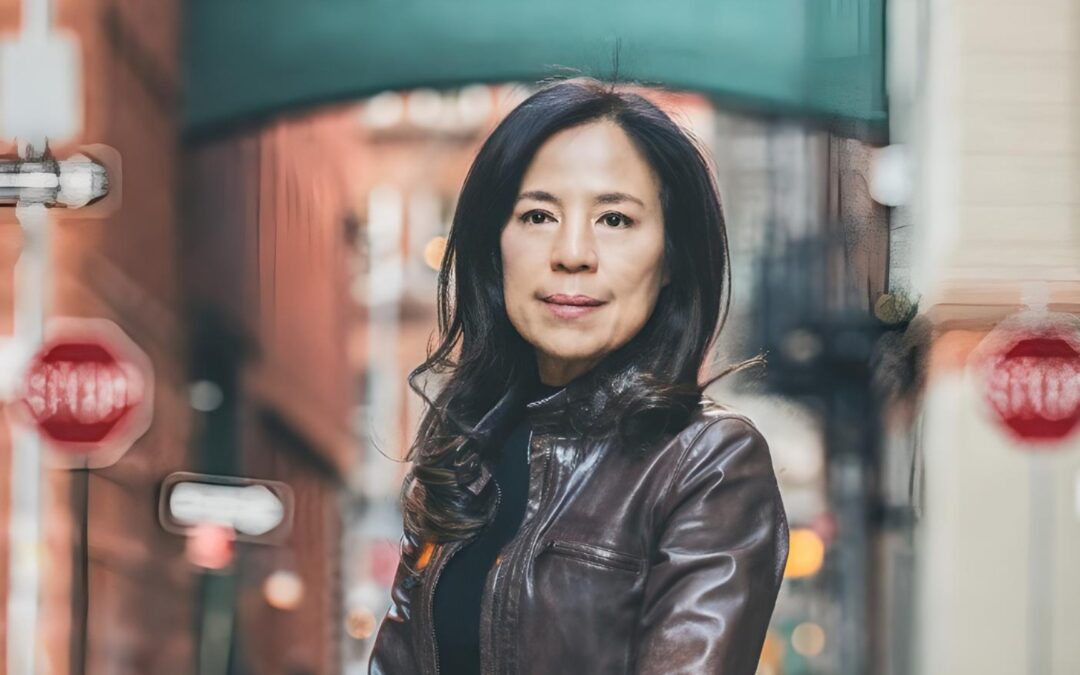For the sixth story in the "Women’s Way of Life" Interviews, I spoke to Chieko Reaves, a musician and trumpet-player.
1. Please tell us about your journey coming to the United States.
Originally, I was attending music school in Japan and I decided to continue my education at an American graduate school. At graduate school in America, I studied the trumpet, which I had been doing in Japan, as well. The reason I started playing trumpet was because in middle school, I was a member of a wind instrument club. I was told that trumpets were hard to play, but I was quickly able to make sounds on it, so I decided to stick with it. After that, I went to a high school affiliated with a music school, and I kept playing trumpet the whole time. When I continued onto American graduate school, the credits I had accrued at university in Japan carried over, but I had to pass an English test (TOEFL or IELTS) on my own. I safely passed the English test, but I was struggling with actual graduate student life. After I finished my master"s degree, I continued on to my doctorate while tutoring, and now I work as a freelance trumpet-player - all while living in America.
2. What are you enthusiastic about working on right now?
I just mentioned it, but as a freelance trumpet-player, I've been playing at concerts and churches as part of an orchestra. DC is an urban place, so there are lots of opportunities for concerts, and in America, there are important events like Easter and Christmas, so the demand for musical performances is high. However, it has become a saturated market, so it's also true that the competition is intense. I need to practice trumpet every day, and it's of utmost importance that I keep up my own maintenance. The trumpet is played using the vibrations from your own breath. In other words, I myself am another type of instrument. Even if you're a professional trumpet player, if you take a break for a week, you have to return to the basics and rebuild your sound from zero.
3. What are the fun parts of that job?
Because it's something I love, I'm happy even just to play music! An orchestra builds up one piece of music all together, so teamwork is extremely important. Once the performance is complete, everyone on the team feels like friends, and the camaraderie is very strong. There aren't very many brass players who are Asian women like me, but if your musical skills get recognized, you make friends quickly.
4. How do you balance your work life with raising children?
When my daughter was born, it was like I couldn't get any time to practice, and if I did have time to practice, I just wanted to sleep. During this time, I put my life as a trumpet-player on hold and took a job teaching music. There are lots of parents in the DC area who are enthusiastic about education, so I think that kind of work is in particularly high demand. I'm still teaching music now, too. Now I have help from my husband's parents, so I'm balancing work and child-raising better. Because my husband also works as a musician in a US Army band, we both might be out late at concerts, or we'll suddenly need to go in to work, so it's difficult to just leave our child at daycare. When my husband's parents haven't been able to take care of her either, we've sometimes brought her to rehearsals.
5. Is there anything about life in America that you have struggled with?
Because I didn't have a car when I came here to go to graduate school, I couldn't go to performances very far away. Also, until I married my husband I had a student visa, not a work visa, so I couldn't register with a music agent, meaning that I couldn't work as a musician to receive a wage. Once my husband found a job and we got married, then I was able to pursue a lifestyle as a musician.
6. Have you had any experiences in America that you think were important to you as an individual?
Probably when I continued my education in America, I really dug down deep into my studies of music. For example, when you play in an orchestra, everyone on the team arranges their own backgrounds and knowledge together, which is precisely why they can bring the performance all together. Also, when I advise my students, I can explain all the background, so I feel like it's even easier for me to get absorbed in it than them.
7. Do you have any goals for the future?
Ideally speaking, I want to keep working on to the next level. For now, I think I want to finish the jobs that are currently right in front of me. Everyone is watching me more than I expected, so I think that will lead me to the future.
8. Do you have any words for Japanese women here in the U.S. who have yet to find their passion or who are anxious about taking the first step to pursue their passion?
I think you should do the things you want to anyway. That's because if there's something you want to do, once you do it, your own fortes and ideas can rise out of it. If there's something you like, or if you attempt new things, your excitement will win out over nerves and anxiety, and you'll quickly be able to move forward. The truth is it's never too late, whenever you do something, and for my own part, I think starting early connected me to lots of experiences and growth. Also, it's important not to fear failure. If I think of it now, I feel glad I made mistakes and had those experiences. When you make a mistake, you can make a plan to combat that mistake the next chance you have, which ties into your self-confidence, so you can relax and think, "Oh, that was so easy this time" when you compare it to your past mistakes. Also, when you experience lots of mistakes, you get used to it, and soon you'll be able to tell yourself, "Someday I'll connect this mistake to a success." There might be some people who compare themselves to other people and blame themselves. However, everyone has a "first." What I want to say is, those other people you're looking at, you're seeing the scene they created with hard work, so they also had a beginning that didn't go well. If you look at it that way, I think you'll be able to feel more at ease.
★ Interviewer's note
This time I interviewed Chieko, who has been able to feel strongly that she really loves the trumpet. I think it's amazing that she has been able to connect the things she loves to her work, and at the same time, I find that very enviable. Also, I was impressed by how she said she feels blessed with her current lifestyle. Living the way that the world thinks is "usual," from the viewpoint of immigrants in a foreign country, can often be a difficult concept to encounter. I feel like it's part of Chieko's wonderful personality to be grateful for her current lifestyle. Someday I want to go hear one of Chieko's performances live.


